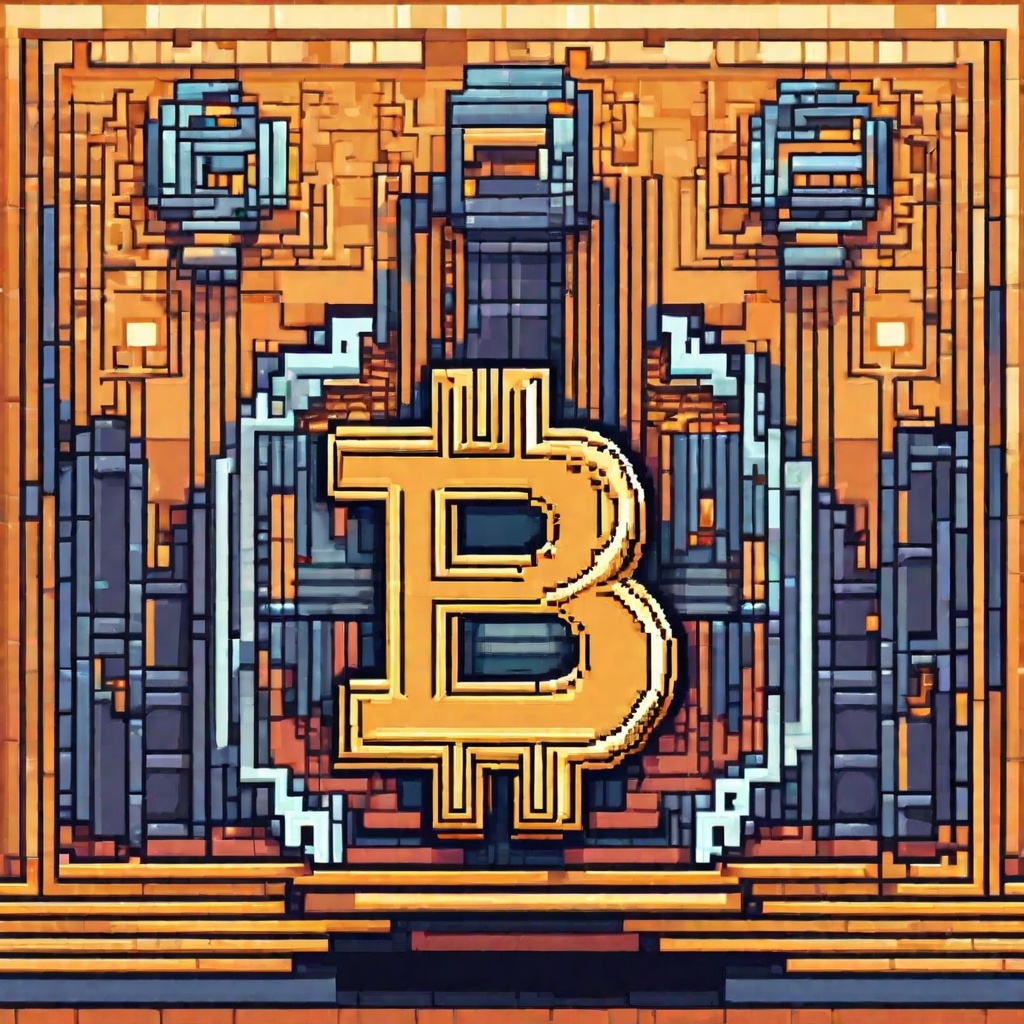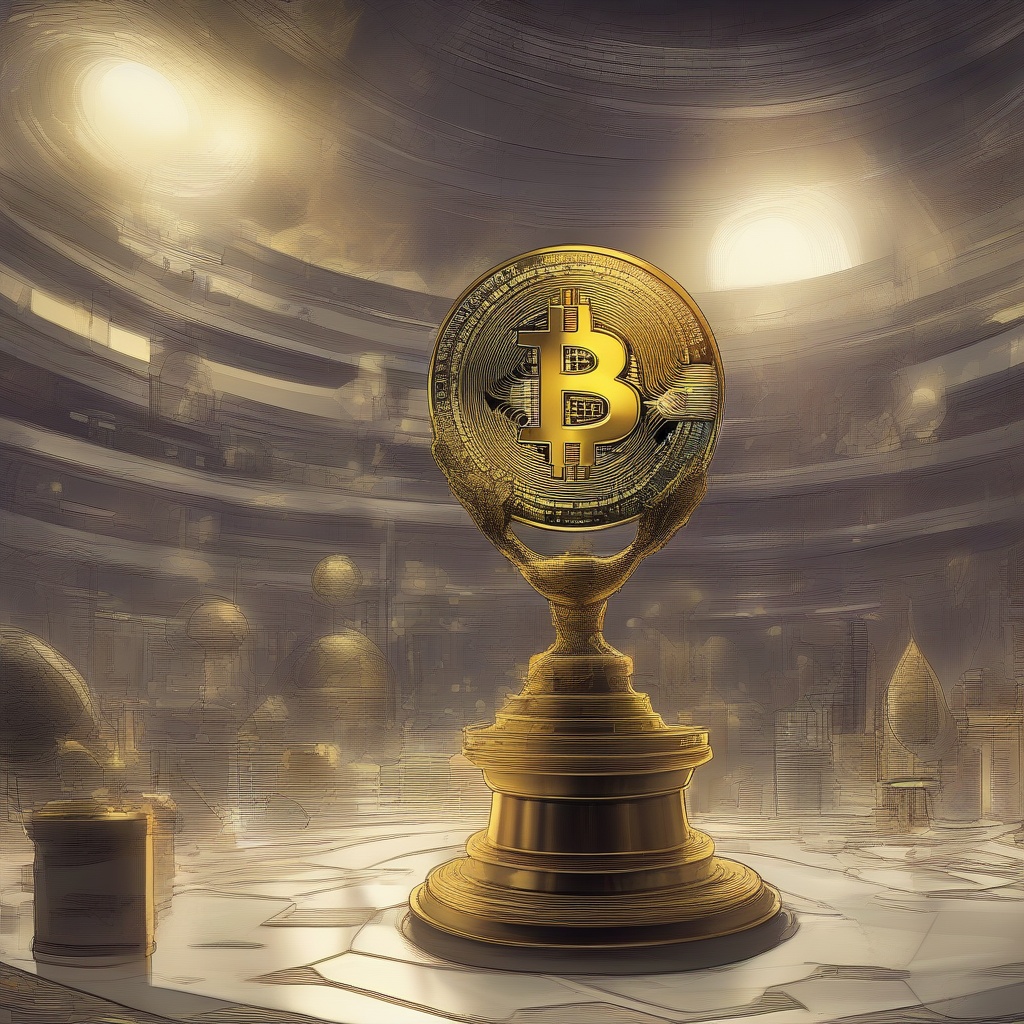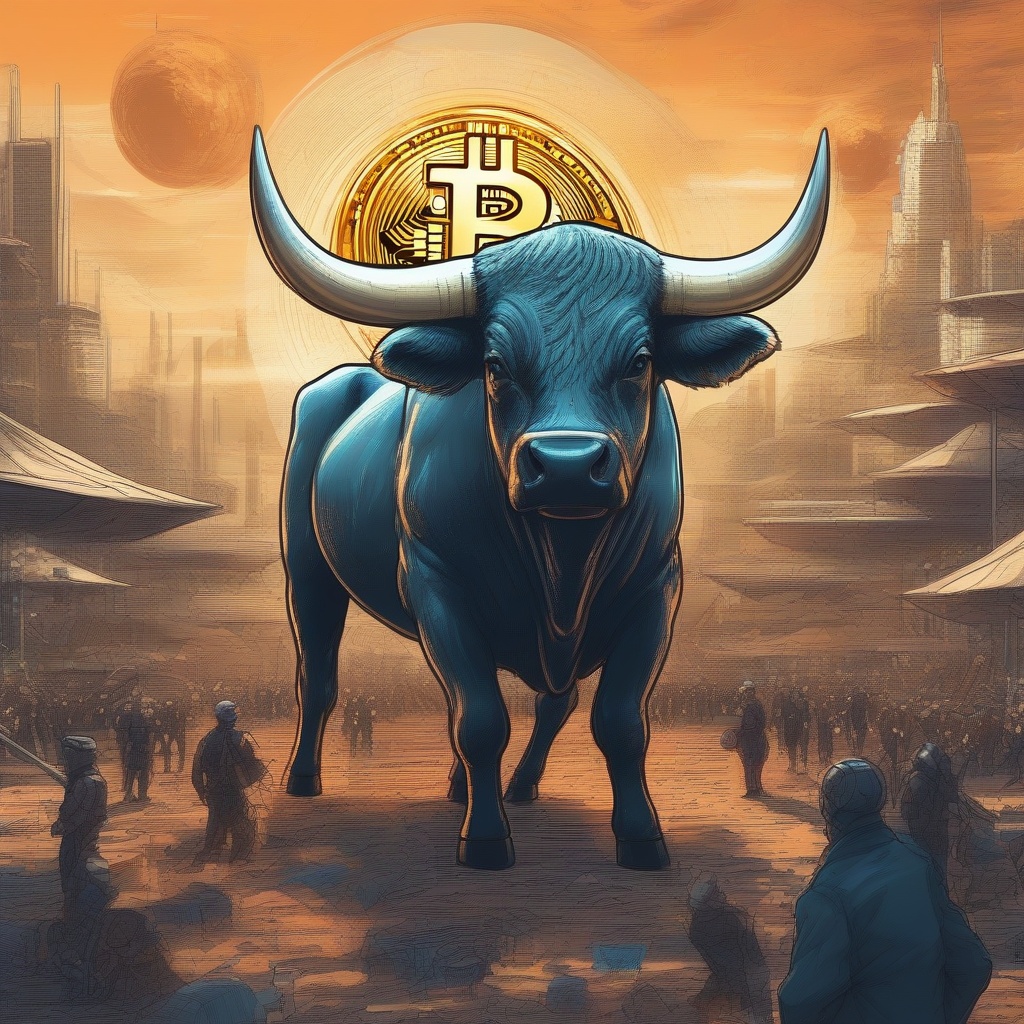Should you trade altcoins or keep bitcoin?
As a seasoned investor in the crypto world, I'm often faced with the dilemma of whether to diversify my portfolio with altcoins or to remain steadfast in Bitcoin. After all, <a href="https://www.btcc.com/en-US/academy/research-analysis/bitcoin-btc-price-prediction-2023-2025-2030-is-btc-a-good-investment" title="Bitcoin">Bitcoin</a> is the original and most well-known cryptocurrency, boasting a robust network and significant market capitalization. However, altcoins often present the allure of unique technologies, novel concepts, and the potential for rapid growth. So, the question remains: should I trade altcoins for the potential of higher returns, or should I keep Bitcoin for its stability and proven track record? What are the risks and rewards associated with each choice? And ultimately, what strategy best aligns with my investment goals and risk tolerance? These are the critical questions that investors grapple with when considering altcoins versus Bitcoin.

Does Mark Cuban invest in altcoins?
When considering the question of whether Mark Cuban invests in altcoins, it's worth noting that the billionaire entrepreneur and investor has been publicly vocal about his interest in cryptocurrencies. However, the specific details of his investment portfolio, including whether he has chosen to diversify into alternative coins beyond <a href="https://www.btcc.com/en-US/academy/research-analysis/bitcoin-btc-price-prediction-2023-2025-2030-is-btc-a-good-investment" title="Bitcoin">Bitcoin</a> or Ethereum, remain unclear. Given Cuban's penchant for disruptive technologies and his track record of investing in innovative ventures, it's conceivable that he may have taken a stake in altcoins. Yet, without a definitive statement from the investor himself, we can only speculate about the exact nature of his crypto holdings. So, does Mark Cuban invest in altcoins? The answer remains an open question, requiring further clarification from the entrepreneur himself.

What is the difference between BTC and altcoins?
Could you elaborate on the key differences between Bitcoin (BTC) and altcoins in the <a href="https://www.btcc.com/en-US" title="cryptocurrency">cryptocurrency</a> landscape? I'm particularly interested in understanding how they differ in terms of market capitalization, adoption rate, underlying technology, use cases, and overall investor sentiment. Do altcoins tend to have a higher or lower level of risk and volatility compared to BTC? Additionally, how do altcoins' development teams and communities compare to Bitcoin's? Any insights into these distinctions would be greatly appreciated.

How do you know when to buy altcoins?
In the dynamic and volatile world of <a href="https://www.btcc.com/en-US" title="cryptocurrency">cryptocurrency</a> investing, the question of "How do you know when to buy altcoins?" is often posed with a mix of curiosity and trepidation. The answer, however, is not a straightforward one. For seasoned investors, it's a matter of balancing market sentiment, technical analysis, and a deep understanding of the underlying technology and project. One approach is to monitor the overall health of the crypto market, particularly the trend of Bitcoin, as it often acts as a bellwether for the entire sector. When Bitcoin shows signs of stability or upward momentum, it can signal a favorable environment for altcoins. But it's not just about following the market leaders. Technical indicators, such as moving averages, relative strength index, and Fibonacci retracement levels, can provide insights into potential entry points for altcoins. Moreover, understanding the unique value proposition of each altcoin project is crucial. Does it have a strong team? A viable roadmap? A loyal community? Answering these questions can help investors identify which altcoins are worth considering for their portfolio. In summary, knowing when to buy altcoins requires a combination of market analysis, technical proficiency, and a keen eye for identifying promising projects. It's a decision that should be made with care and deliberation, always considering the risks involved in this highly volatile market.

Should you invest in altcoins?
Ladies and gentlemen, as we delve into the volatile world of cryptocurrencies, a question arises that many enthusiasts and novices alike grapple with: Should you invest in altcoins? Altcoins, as the name suggests, are alternatives to Bitcoin, the original and largest <a href="https://www.btcc.com/en-US" title="cryptocurrency">cryptocurrency</a> by market capitalization. They offer a diverse range of features, from innovative technologies to unique use cases. However, the question remains: is it wise to diversify your portfolio and allocate funds towards these alternative digital assets? The allure of quick profits and the promise of disruptive technologies often tempt investors, but is it a gamble worth taking? Let's delve deeper into this question and explore the pros and cons of investing in altcoins.

